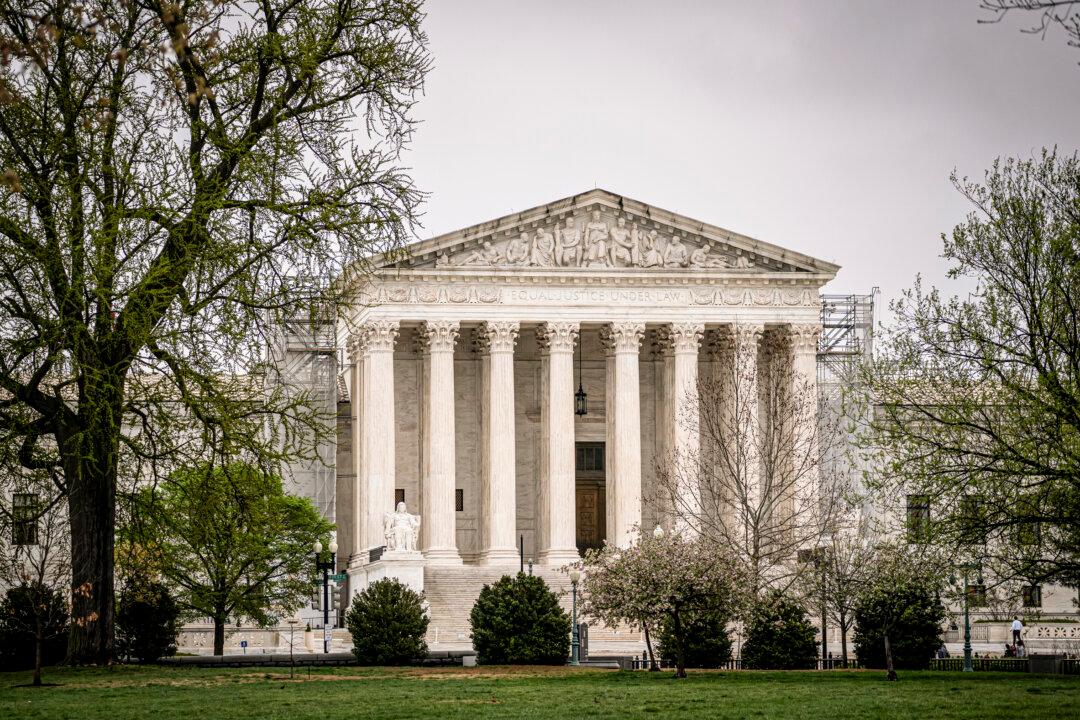The U.S. Supreme Court declined over the objection of Justice Neil Gorsuch on Tuesday to reconsider whether the Constitution guarantees Americans facing serious criminal charges the right to a trial by a full 12-member jury.
The decision to not take up the appeal, brought by Natoya Cunningham, a Florida woman who was convicted by a six-person jury and sentenced to eight years in prison, means states can continue to use juries consisting of fewer than 12 members in felony trials. Florida and five other states—Arizona, Connecticut, Indiana, Massachusetts, and Utah—allow the practice.





